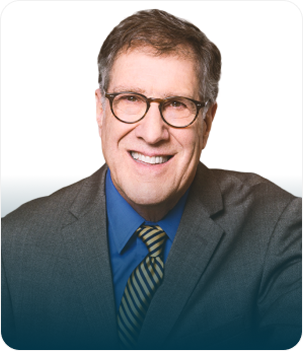 In his manifesto against motorcycle helmet laws in the Chicago Tribune last week, columnist Steve Chapman listed a number of actions people can legally take to endanger their health: smoking cigarettes, eating fast food, and living among bears. Chapman then asks why, if we can engage in these activities, are state governments beginning to crack down on motorcyclists who ride without a helmet? The answers are clear: to save lives, and to cut down on emergency room costs for taxpayers.
In his manifesto against motorcycle helmet laws in the Chicago Tribune last week, columnist Steve Chapman listed a number of actions people can legally take to endanger their health: smoking cigarettes, eating fast food, and living among bears. Chapman then asks why, if we can engage in these activities, are state governments beginning to crack down on motorcyclists who ride without a helmet? The answers are clear: to save lives, and to cut down on emergency room costs for taxpayers.
Last month, the National Transportation Safety Board urged that “everyone aboard a motorcycle be required to wear a helmet.” Chapman acknowledges the overwhelming evidence in support of stricter motorcycle helmet laws. Over the past decade, motorcycle deaths doubled as the total number of traffic accidents declined. Two thirds of motorcyclists killed were not wearing helmets. He then pivots, arguing that traffic deaths cannot be considered a public health issue because they only impact the driver who chooses to ride without a helmet.
Well, that’s not the case. First of all, the more motorcycle accidents there are, the higher emergency room costs are, increasing the burden on individual taxpayers. That problem is especially serious considering that motorcyclists are notorious for not having insurance. According to the Insurance Institute for Highway Safety, “only slightly more than half of motorcycle crash victims have private health insurance coverage. For patients without private insurance, a majority of medical costs are paid by the government.”
Chapman then makes the morbid point that motorcycle deaths due to the lack of motorcycle helmet laws would reduce the tax burden on the government, considering that cutting lives short means that the government does not need to cover future social security and Medicare costs. But the federal government has a duty to do what it can to prolong lives, not cut them short for monetary gain. This argument also ignores the fact that federal highway agencies have set a precedent of acting to save lives even when destructive actions only influenced the actor; think seat belt laws and speed limits.
Fortunately, the direction of public opinion and state legislation is moving away from Chapman’s call to arms to protect the right to ride dangerously. So far, most states require either that most motorcyclists wear helmets, or that riders under a certain age wear helmets. I hope that state governments continue to follow this trend and that individual riders continue to wear helmets on their own accord, acknowledging that it’s a simple way to ensure that they will continue riding their motorcycles for more years.
Photo credit: SpecialKRB



 AI-search
AI-search  Email
Email